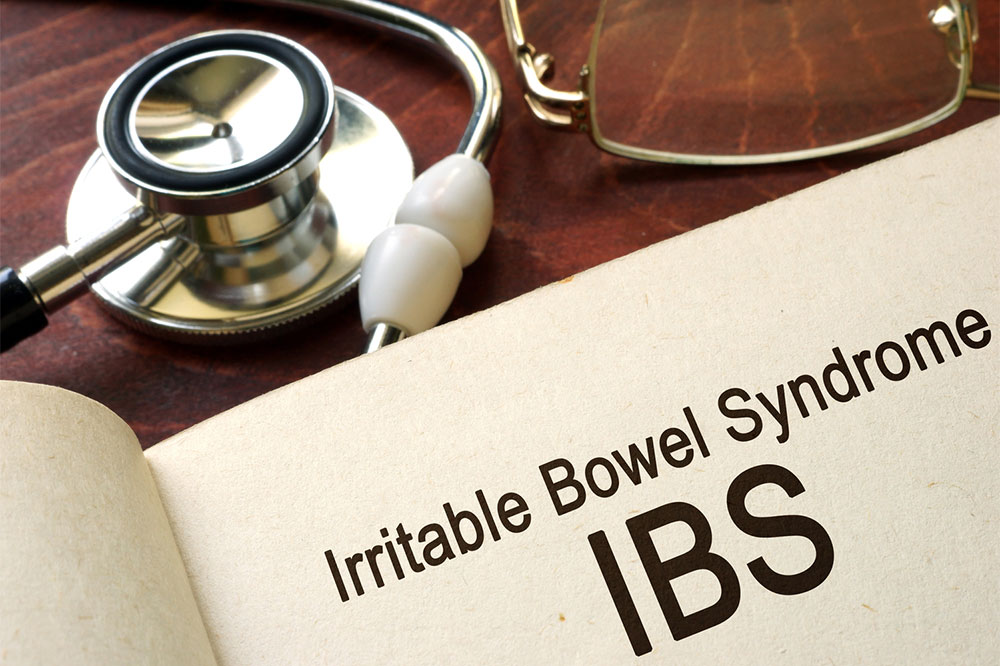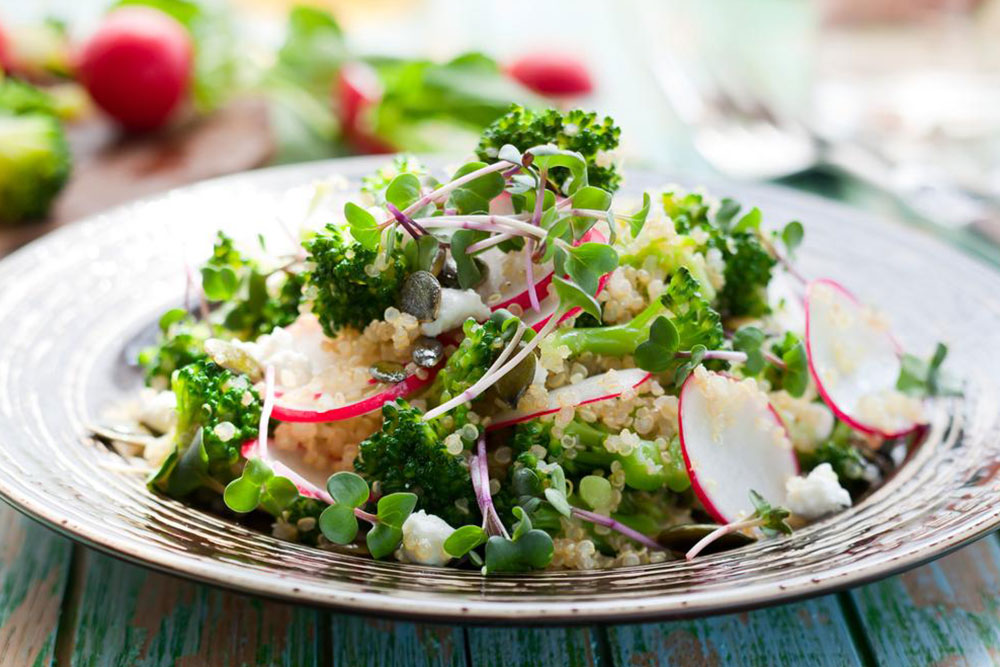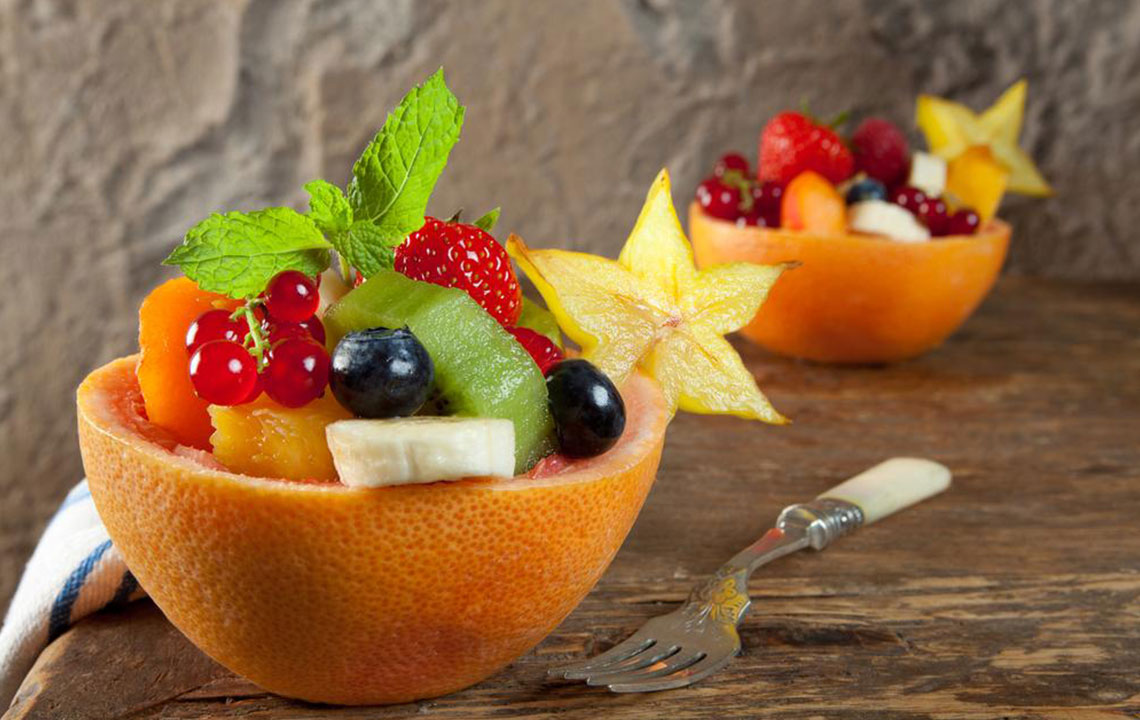Essential Dietary Guidelines for Managing IBS Symptoms
Learn effective dietary strategies for managing IBS symptoms with recommended foods and items to avoid. Proper nutrition, including probiotics, low-FODMAP vegetables, and soluble fibers, can significantly improve quality of life. Avoiding irritants like processed foods and high-fructose items helps reduce discomfort and bowel issues, aiding in symptom control and overall wellbeing.
Sponsored

Essential Dietary Tips for Managing IBS
Dietary Recommendations for IBS
Irritable bowel syndrome (IBS) causes severe abdominal discomfort, including cramps, bloating, diarrhea, and constipation. While not dangerous to life, IBS significantly impacts daily routines, making normal activities challenging. Often affecting women more commonly than men, many cases remain undiagnosed as individuals may not seek medical advice.
Possible Causes of IBS
Though the precise cause remains uncertain, heightened sensitivity of colon muscles can trigger IBS. These muscles facilitate stool movement; disruptions can lead to bowel issues and discomfort. Often, IBS develops after gastrointestinal infections, antibiotic use, or emotional stress.
Foods to Incorporate in Your Diet
Proper nutrition plays a crucial role in managing IBS symptoms. Here are some beneficial foods:
Probiotic-rich foods: Yogurt, a top source of beneficial bacteria, supports gut health. Probiotic supplements are also effective, and many healthcare providers recommend them alongside yogurt intake. Those with IBS often see symptom reduction by adding probiotics to their diet. Consult your doctor before starting supplements or increasing probiotic foods.
Lactose-free options: Use dairy alternatives like oat, rice, or soy milk to prevent symptom exacerbation. Aged cheeses such as brie or camembert are tolerated, and cooking with olive oil instead of butter is advisable.
Soluble fiber: This fiber helps soothe the digestive tract and alleviates symptoms. Incorporate grains, root vegetables, fruits (low in fructose like bananas, blueberries, oranges, strawberries, kiwis), and legumes into your meals.
Vegetables: Safe choices include eggplant, carrots, bean sprouts, potatoes, lettuce, and cucumbers. Seasonings like basil, ginger, oregano, parsley, rosemary, thyme, chili, and coriander can add flavor without aggravating symptoms.
Foods to Limit or Avoid
Avoid sodas, alcohol, foods high in high-fructose corn syrup, caffeine, artificial sweeteners, chocolates, processed snacks, and certain vegetables like broccoli, asparagus, and cauliflower, which can worsen IBS symptoms.
Be cautious with high-FODMAP vegetables (broccoli, cauliflower, asparagus) as they ferment in the gut and may cause discomfort.
Reduce consumption of fructose-rich foods, including wheat and rye grains, and avoid added sugars.
Focus on foods that are easily digestible to minimize digestive strain and symptom flare-ups.






